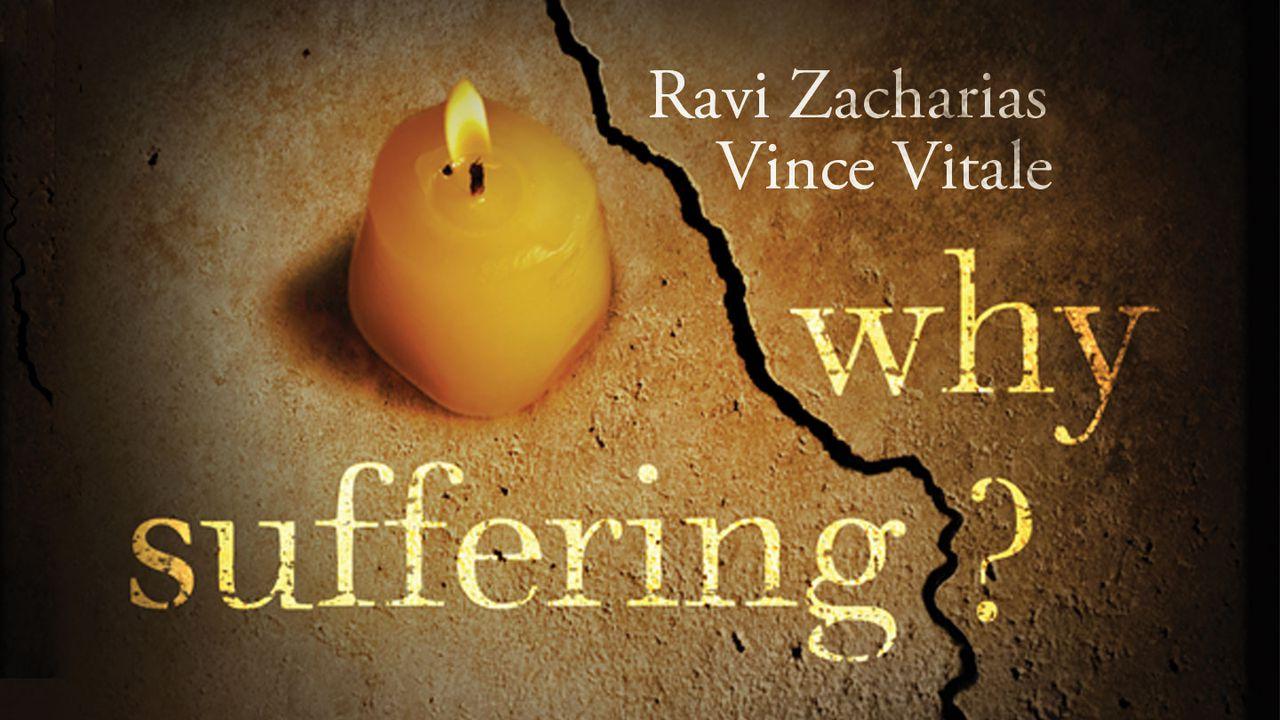Why SufferingSample

Biologization
The second door through which naturalists attempt to escape is biology. In 1975, Harvard biologist Edward O. Wilson published his work Sociobiology, where he linked the physical with societal responsibility and, hence, the coining of the word. Instead of the “bios” being the object of the study, the “bios” now determines the study: “Scientists and humanists should consider together the possibility that the time has come for ethics to be removed temporarily from the hands of philosophers and ‘biologized.’”[1]
Biology was wed to sociology and metaphysics was supposedly rendered defunct. The lines between disciplines became blurred and a sleight of hand moved self-determinism to determinism of self.
But how does one “biologize” any self-sufficient being sacrificing themselves to protect those dependent on them? What about a family that has been victimized by a brutal murder and looks squarely into the eyes of the murderer and says, “I forgive you”? What “biologization” explains that? These are called supererogatory acts. In the evolutionary scheme that category simply doesn’t justify itself.
In his book Emotional Intelligence, Daniel Goleman tells the story of Gary and Mary Jane Chauncey lingering in the swirling waters of their compartment in a drowning Amtrak train, fighting off the current long enough to thrust their wheel-chair-bound eleven-year-old daughter, Andrea, stricken with cerebral palsy, into the hands of rescuers. Gary and Mary perished in that accident.[2] That supererogatory act stirs the heart with a noble example and reminds us that the “fittest” often do not survive in protecting the “most unfit” for preservation. It’s that very act of self-sacrifice which demonstrates that there is something nobler than mere survival.
The big word “biologization” actually shrinks the human story. In attempting to escape from the first door, branded the Evidential Argument, we arrive at the place where nothing is normative. In escaping through the second door of “Biologization,” we arrive at the place where nothing is noble.
Atheists can be good and beneficent, and often are. But there is no rationally compelling reason for them to be good. “Reason doesn’t decide here,” said atheist philosopher Kai Nielsen.[3]
We may as well call the categories yellow and blue rather than good and evil. But yellow is not any more good than blue is. The color scheme is descriptive for recognition and aesthetics, while good and evil are prescriptive for actions and imperatives for behavior.
One atheist may be a good person but another atheist could be a bad person on the same grounds of reasoning. There is no rationally compelling basis for anyone to choose one action over the other. That leaves the naturalist with one more door in order to escape the ramifications of his belief. But this time, rather than positing an option he raises a question for the theist.
Reflection Questions
- Fundamentally, biology is the scientific discipline that studies the physical properties of living organisms and their structure, composition, function, and development. Why does this make biology ill-equipped to study nonphysical (i.e., metaphysical) questions such as ethics and values? Do scientists discover their moral values in the laboratory, or do they bring their moral values with them into the laboratory?
- Why does the biologization of life result in a loss of the nobility of human worth, love, and self-sacrifice?
Bible Verses
- Philippians 4:8–9
- Romans 2:14–15
- Matthew 6:14–15
Citations
[1] Edward O. Wilson, Sociobiology: The New Synthesis (Cambridge, MA: Harvard University Press, 1975), 562, emphasis added.
[2] Daniel Goleman, Emotional Intelligence: Why It Can Matter More Than IQ (New York: Bantam, 1995).
[3] Kai Nielsen, “Why Should I Be Moral? Revisited,” American Philosophical Quarterly 21, no. 1 (1984): 90.
Scripture
About this Plan

This study is based on the book WHY SUFFERING? written by Christian apologist Ravi Zacharias and Vince Vitale, Dean of the Zacharias Institute, It is written for the Christian struggling for an answer, the seeker who thinks suffering disproves God’s existence, and the sufferer who needs a glimpse of a loving God.
More
We would like to thank RZIM for providing this plan. For more information, please visit: https://rzim.org
Related Plans

Moments of Joy

A King Washes Feet

Purpose in Progress

From Wilderness to Resurrection - Lent With Hope 103.2

Creative Warriors for the Kingdom

The Desert Road: Trusting God When the Plan Is Unclear

The Miracles of Jesus

The Hands of a Woman 🌸

He Is Risen! A Gospel View of the Resurrection
